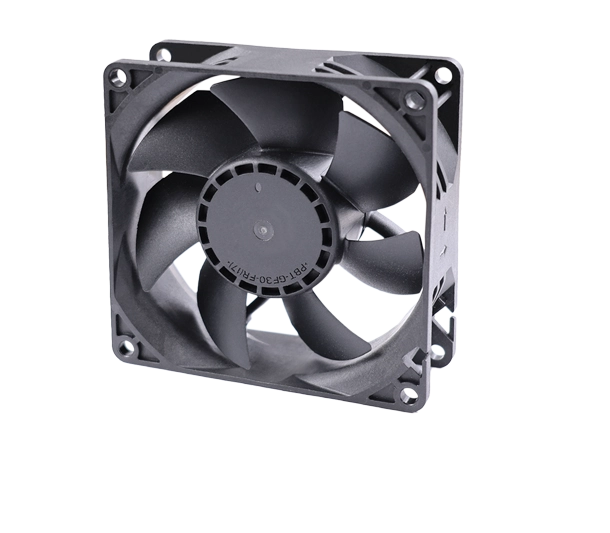In the textile industry, quality is not just a goal—it's a necessity. From the softness of a luxury sweater to the durability of a work uniform, much of a fabric's properties depend on the fineness of its fibers. This is where advanced tools like the fiber fineness analyzer play a pivotal role, helping manufacturers ensure that their products meet stringent standards for quality and performance. Ningbo Textile Instrument Factory, a leader in the production of sophisticated textile testing equipment, offers fiber fineness analyzers that are crucial in assessing the quality of various fibers, including animal, chemical, cotton, and hemp fibers.
Importance of Fiber Fineness in Textile Quality
Fiber fineness refers to the diameter of individual fibers, and it is a critical parameter in textile manufacturing. The fineness of a fiber affects how it behaves during spinning, weaving, or knitting, and ultimately influences the texture, strength, appearance, and comfort of the final product. By accurately measuring fiber diameter, manufacturers can control and enhance the quality of their textiles more effectively.
How Fiber Fineness Affects Textiles:
Texture and Softness: Finer fibers tend to create softer, smoother fabrics that are highly desirable in clothing and home textiles.
Durability and Strength: Thinner fibers can be spun into tighter yarns, which often results in stronger, more durable fabrics.
Appearance: Finer fibers provide a higher level of aesthetic appeal, resulting in fabrics with a luxurious feel and finer drape.
Ningbo Textile Instrument Factory's Fiber Fineness Analyzer
Ningbo Textile Instrument Factory's fiber fineness analyzer is specifically designed to meet the needs of modern textile producers. It offers a comprehensive analysis of fiber diameter, enabling users to determine the number of fibers, average fiber fineness, standard deviation, coefficient of variation, and the rough percentage of fibers. This data is crucial for ensuring that the raw materials used in textile production are of consistent and high quality.
Features of the Fiber Fineness Analyzer:
Versatility: It measures a wide range of fibers, from delicate animal fibers like wool and cashmere to robust chemical and natural fibers such as polyester, cotton, and hemp.
Precision: The analyzer provides detailed measurements that help manufacturers monitor and control the quality of their fibers accurately.
Data Richness: Beyond simple diameter measurements, it calculates the distribution of fiber fineness, offering insights into the uniformity and quality of the fiber batch.
Application in the Textile Industry
The use of a fiber fineness analyzer by Ningbo Textile Instrument Factory can significantly impact several stages of textile manufacturing:
1. Raw Material Selection
By analyzing fiber fineness, manufacturers can select the best raw materials for specific products. For instance, finer wool fibers may be chosen for high-end, lightweight woolen fabrics, while coarser grades may be suitable for heavier, more durable goods.
2. Quality Control
During production, continuous monitoring of fiber fineness helps in maintaining the consistency of the yarn and fabric produced. This is crucial for avoiding variations in texture and strength across different batches of products.
3. Research and Development
Manufacturers can use fiber fineness analyzers in their R&D processes to experiment with different types of fibers and blends, understanding how changes in fiber characteristics can affect the final product.
4. Customer Assurance
Providing detailed data on fiber quality helps manufacturers assure their customers of the product's quality and compliance with specified standards, which is crucial for maintaining brand reputation and customer trust.
Future Trends and Innovations
As the textile industry continues to evolve, the demand for more sophisticated and user-friendly testing equipment grows. Future developments in fiber fineness analyzers may include enhanced automation, integration with artificial intelligence for predictive analytics, and greater connectivity features that allow for seamless data collection and analysis across different platforms.
Conclusion
The fiber fineness analyzer from Ningbo Textile Instrument Factory represents a critical tool in the textile industry’s quest for quality. By providing detailed and accurate measurements of fiber characteristics, it enables manufacturers to produce textiles that meet the high expectations of today’s consumers. Whether for improving product quality, enhancing production efficiency, or fostering innovation, the role of fiber fineness analyzers in unlocking textile quality cannot be overstated. As technology progresses, tools like these will continue to be at the forefront of the textile industry, shaping the future of fabric production worldwide.
lena
Trueland1589@outlook.com

